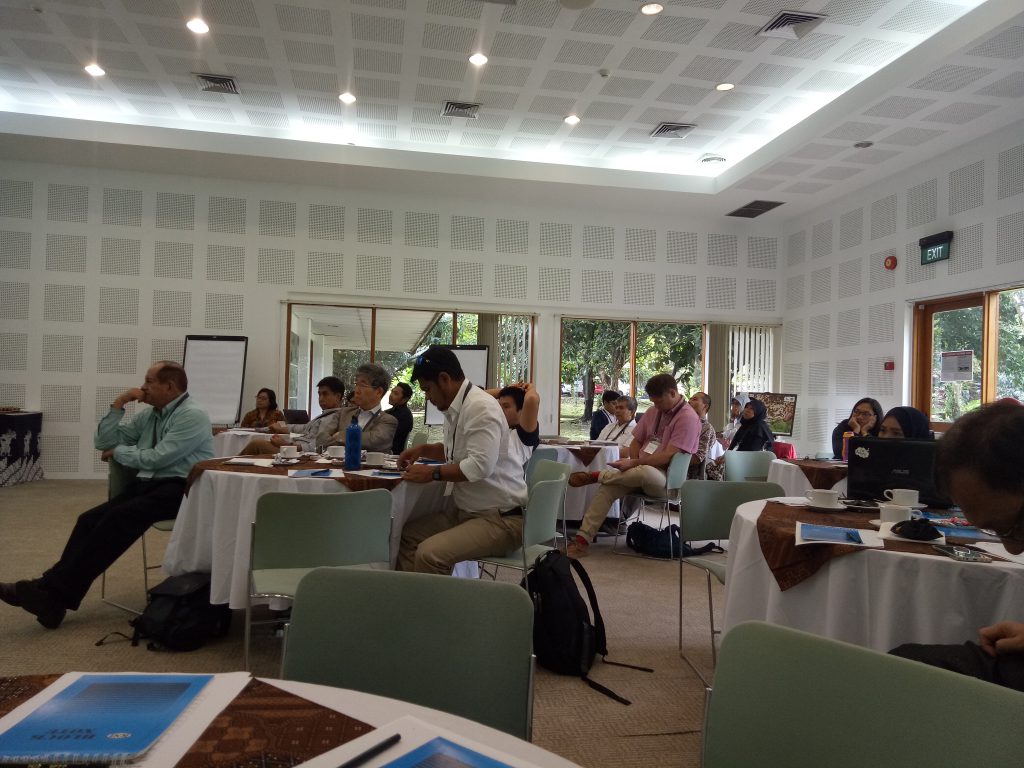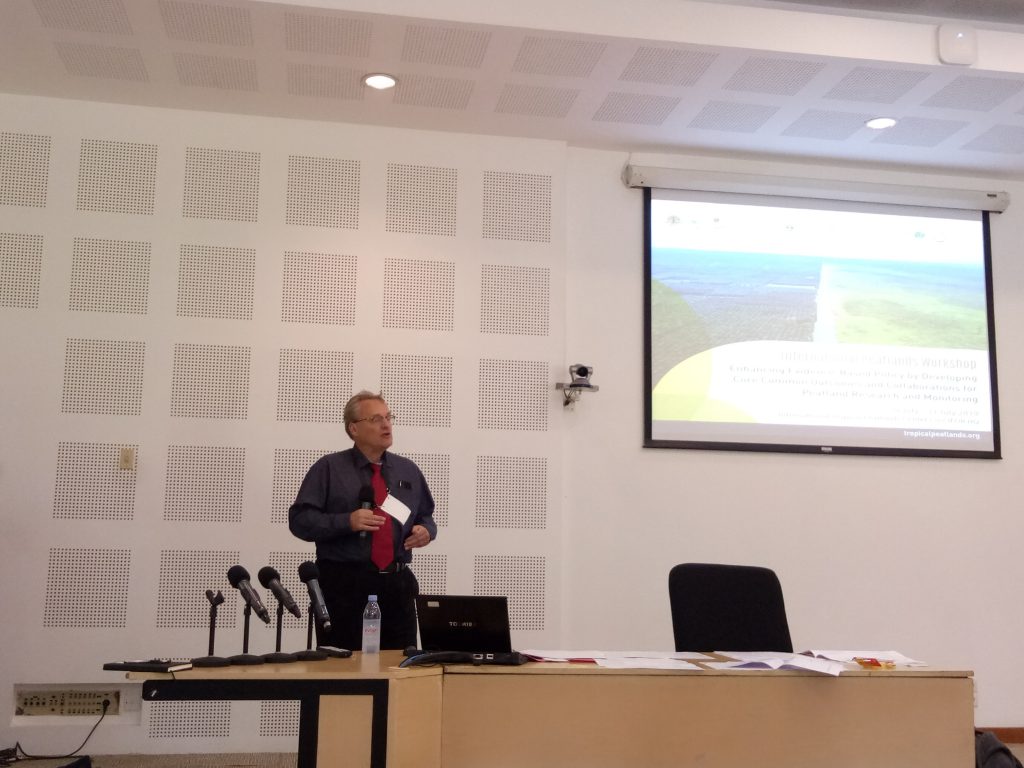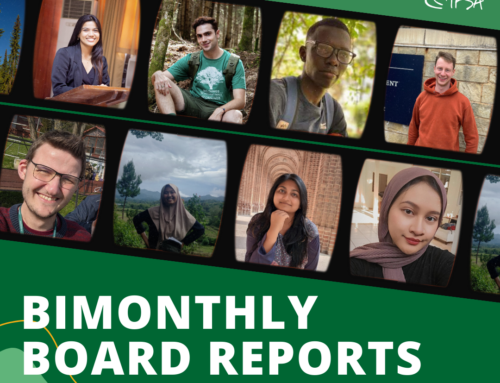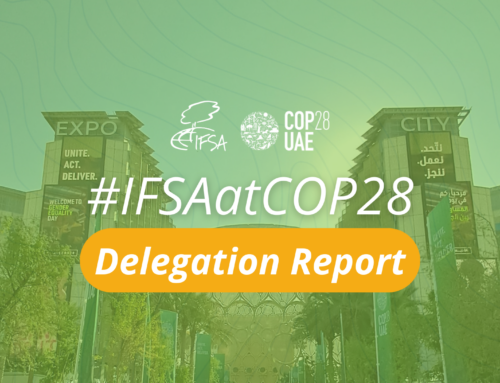Peatlands are one of the most valuable wetland ecosystems on Earth, critical from the point of view of climate change. They provide a wide range of ecosystem services ranging from safe drinking water, protection from flood risks and global biodiversity conservation. Covering nearly 3% of the global land surface and occuring in almost all countries, peatlands sequester 0.37 gigatonnes of carbon dioxide (CO2) a year. These wetlands store carbon much more than the combined storage of other vegetation types in the world.
Lack of awareness about these landscapes have resulted in overexploitation and drainage damaging these landscapes, and releasing high amount of CO2 and other greenhouse gases into the atmosphere. It is important to conserve peatlands to combat climate change, as well as fulfil sustainable development goals.
In an attempt to harmonize data collection and reporting of peatlands internationally to enable global synthesis of data and trends for effective policy formulation in national as well as international level, the “International Peatlands Workshop: Enhancing Evidence-Based Policy by Developing Core Common Outcomes and Collaborations for Peatland Research and Monitoring”, first of its kind, was held at the International Peatland Centre (ITPC), CIFOR Campus, Bogor, Indonesia. The event was jointly organized and hosted by the Research, Development and Innovation Agency (FOERDIA), Indonesian Ministry of Environment and Forestry and International Tropical Peatlands Center (ITPC), CIFOR, Newcastle University, UN Environment and was conceptualized with core partners of the Food and Agriculture Organization (FAO) of the United Nations and Global Peatlands Initiative (GPI).
IFSA got an opportunity to attend the workshop, fully funded from the partnership with UNEP, initiated by the Head of Sub Commission, UNEP, Mr. Sebastian Kagler and the External Councilor, IFSA, Ms. Oindrila Basu, a Masters student with experience in Mangroves and wetlands represented the organisation there. The workshop was a great opportunity to learn about peatlands, get in discussion with the stalwarts in the field, as well as voice different opinions from the perspective of youth.
The objectives of the workshop were to “Develop a core set of outcomes and reporting standards for tropical peatland research and monitoring, to enable more evidence-based policy and practice based on evidence synthesis (with a particular focus on Global Peatlands Initiative’s partner countries, Peru, Indonesia, Republic of the Congo and the Democratic Republic of the Congo)”, and “Establish collaborative relationships between workshop participants, as a basis for future interdisciplinary and inter-regional tropical peatlands research”.
IFSA actively took part in all the discussions fulfilling both the objectives. While the first objective, discussed in the first three sessions were quite technical providing wide scientific information, the second objective discussed in the final fourth session was all about collaboration and IFSA had a meaningful discussion with the organisations present.
Opportunities for collaboration with the various organisations as ITPC, CIFOR, GPI and others emerged out with respect to peatlands and hopefully it would be a breakthrough for IFSA members for participation in the near future.
This Article was written by Oindrila Basu, Councilor for External affairs at IFSA. She can be contacted at oindrila.basu@ifsa.net.








